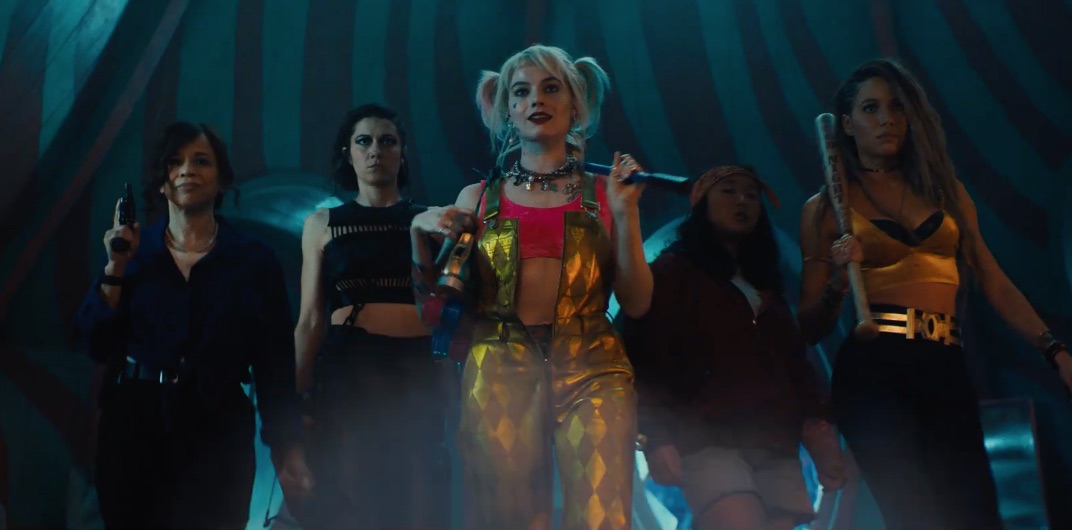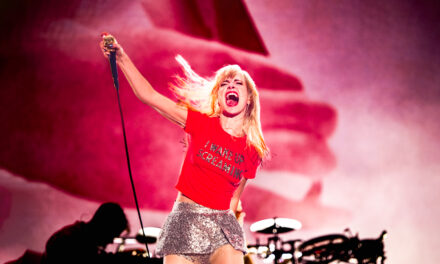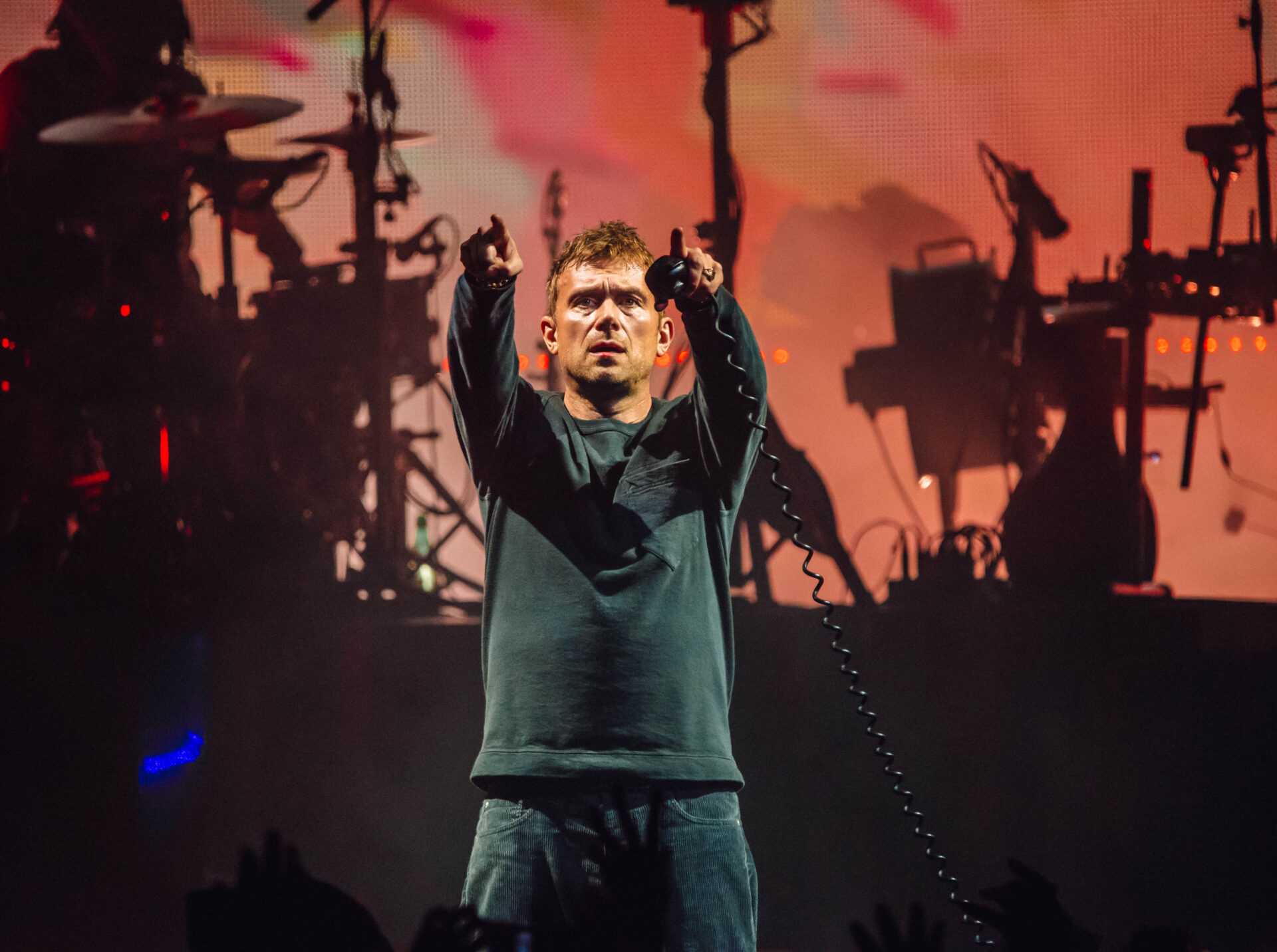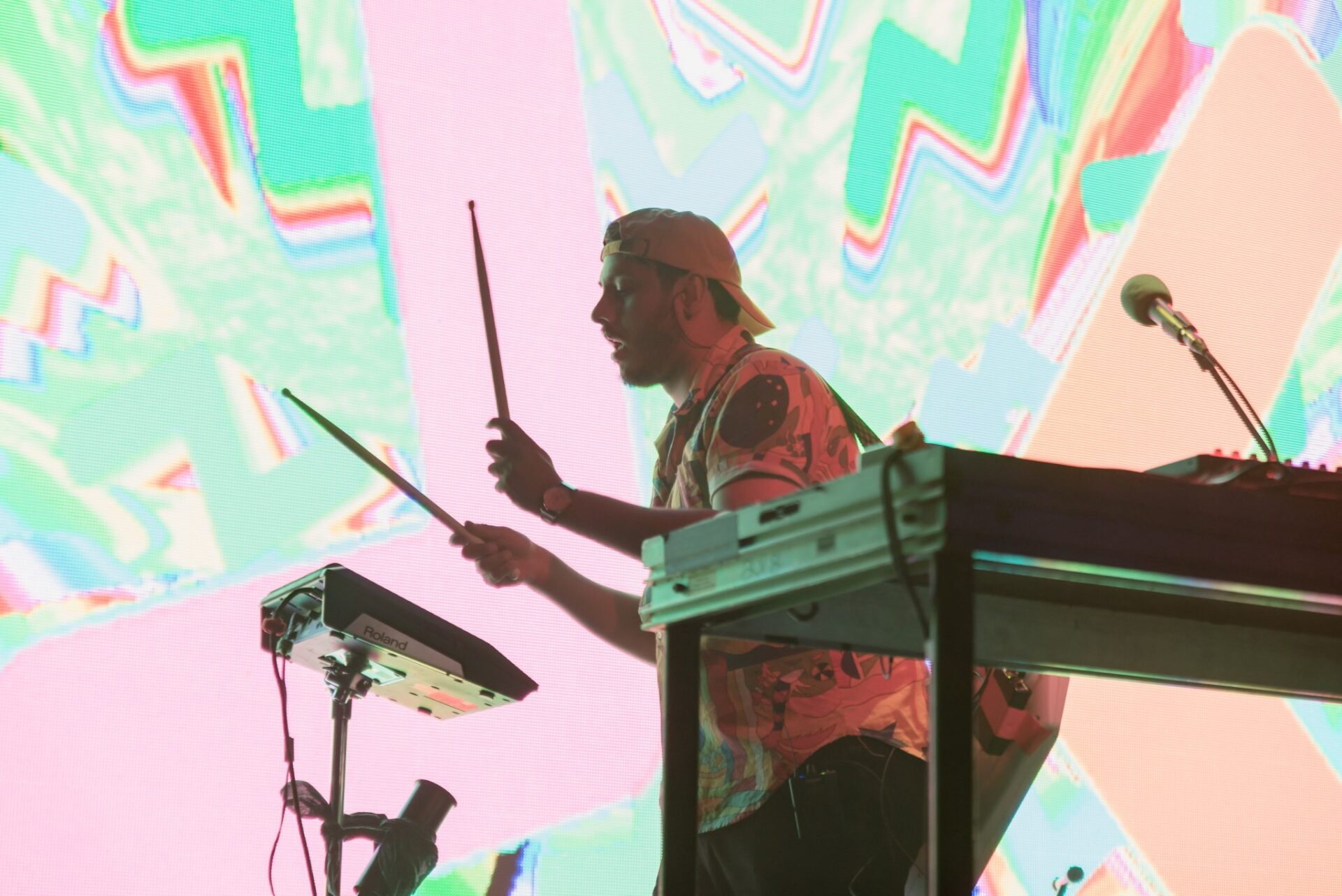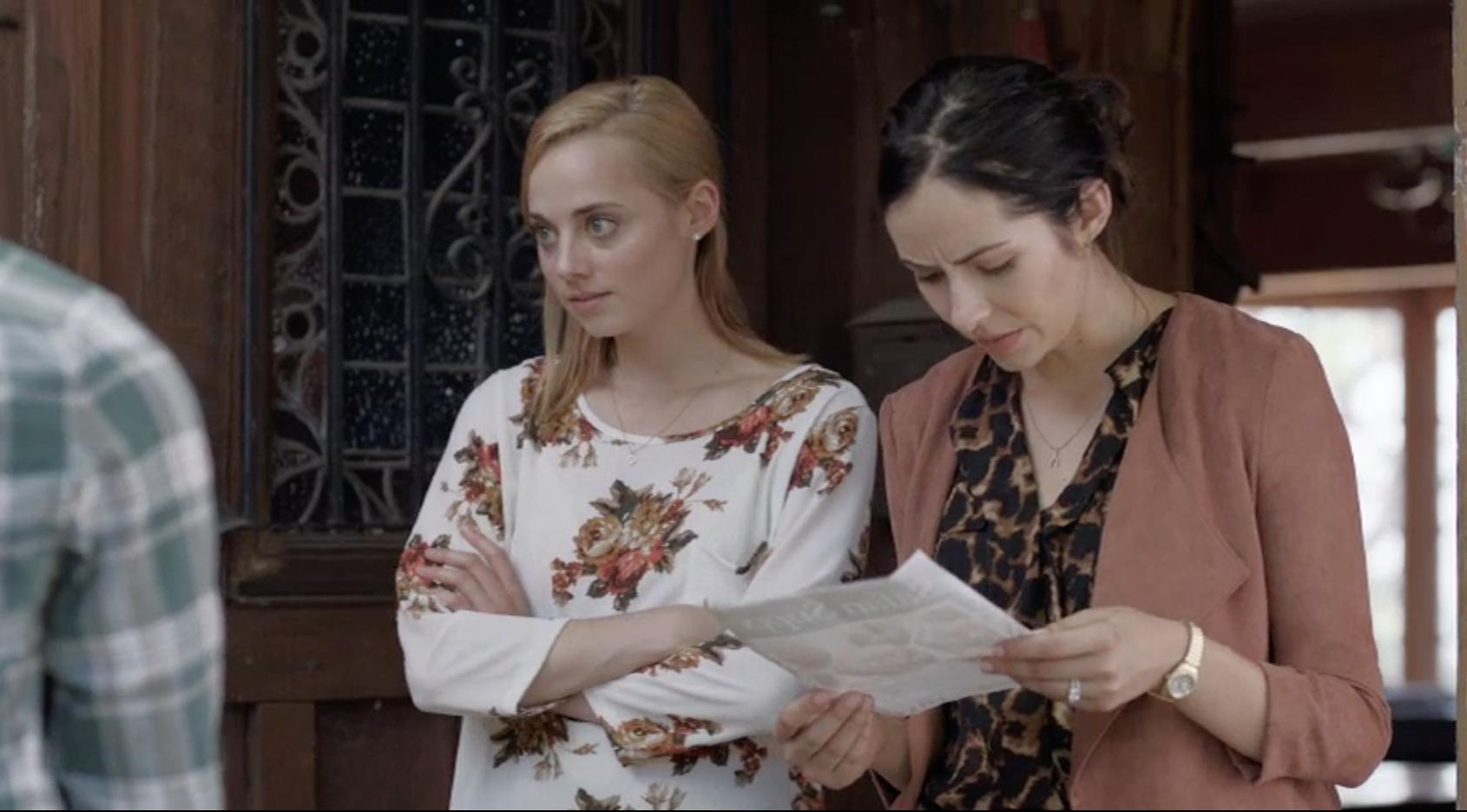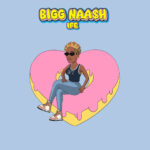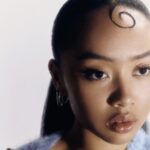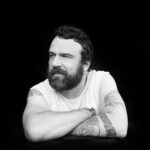‘In Case You Missed It’ is an end-of-the-year column where we look back at some of the best movies, TV, and culture moments of 2020. Maybe there was a show that was great, but flew under the radar. Perhaps there was a movie that came out and may have gotten missed because of the craziness of the pandemic. Throughout December, we will look back at what 2020 offered us.
One thing that you can say in the ever-evolving doors of the DCEU is that they make good casting choices. Gal Gadot with Wonder Woman. Jason Mamoa with Aquaman. Henry Cavil with Superman. Each person embodies the spirit of what these characters embody and brings that to the big screen. DC’s track record with ensemble movies (2016’s Suicide Squad and 2017’s Justice League) had been less than stellar. Chalk it up to those films having a lack of cohesion or rumblings of studio strife. One of the bright spots that came was Margot Robbie‘s portrayal of Harley Quinn. She not only embodied the character’s psychological aura, but also captured emotional brevity with the volatile relationship she had with The Joker (Jared Leto).
Director Cathy Yen and writer Christina Hodson were both presented with a challenge. Birds of Prey is undoubtedly Harley’s story, but you also have to introduce the supporting characters around her orbit. Giving everybody screen time and making it count within two hours is a tall task. For the most part, it really works. Taking place four years after the events of Suicide Squad, Quinn has to find herself and remake her identity into a singular entity while the weight of her past decisions draws heavily. Everybody around her recognizes her because of the relationship, and it’s almost talked about like lunch table gossip. Like any breakup that comes from a long-term relationship, there’s a period of grief and self-discovery that has to happen. Quinn displays her newfound singledom to Gotham City in the most grandiose way possible that only her character can.
Birds of Prey further cements Robbie as the quintessential Harley Quinn as BOP turns her loose, and it comes off noticeably enjoyable on the screen. She’s every bit as funny, off-kilter, and even sympathetic as hinted at in Suicide Squad. At points, you entirely forget that she’s one of the bad guys. With all the mayhem that she’s created and been a willing participant in, the issues of lost love and finding yourself again are things that anybody in the actual world can resonate with.
Within Quinn’s personal declaration of independence, she finds others in almost similar situations. Black Canary (Jurnee Smollett) works for Roman Sionis (Ewan McGregor) and is searching for a way to get out from under his oppressive hand. Renee Montoya (Rosie Perez) is a detective that personifies all the hilarious 80s movie- cop stereotypes. She’s contending with a glass ceiling in her department as her boss took credit for a big case she solved. Huntress (Mary Elizabeth Winstead) is on a revenge spree, as her family was assassinated when she was younger. Cassandra Cain (Ella Jay Basco) is a young pickpocket from a disenchanted foster home. By the end of the film, the ensemble comes together as a band of villains, vigilantes, and petty thieves. It’s the wonderful performances that make each of these characters stand out in their own way. Ewan McGregor’s performance as Black Mask is a perfect complement to the all-female anti-hero/protagonist group. He’s completely self-absorbed, high-strung, and avoidance of mess is comedic. Paired with Victor Zsasz (Chris Messina), Sionis’s deranged heavy hand – they serve as efficient antagonists that personify an overall hierarchy that the women come together to break down.
BOP’s overall timeline in how the movie reveals itself gets a little disjointed as the flashback sequences stop the movie’s momentum a bit. BOP’s first act kicks things into top gear with narration from Quinn and as the plot reveals itself, it pulls you back – then asks you to reinvest. The ultimate team-up happens in the third act of the film, but because there is so much story to tell, some characters get their stories explored a little more than others. With the expansion of HBO Max and Warner’s cinematic universe, there will be a desire to see characters like Huntress as this film feels like it’s laying the groundwork for what’s to come.
Most of the prior DCEU movies have a darker color grade to them, and it was refreshing to see this done differently. There is a contrast to the film’s R rating and how colorful it is – one where each complements one another. Cinematographer Matthew Libatique frames the movie like a living comic book. In one scene, Quinn goes through a police station and lays an all-out assault with a beanbag gun and another where she breaks a guy’s legs in Sionis’s nightclub. None of it feels jarring because the film establishes its atmosphere so well. The fight scenes are a phenomenal mix of flair and technically. Composer Daniel Pemberton implements both his score and the movie’s up-tempo, all-female soundtrack from artists like Halsey, Megan Thee Stallion, and Normani in a way where the music enhances what you’re seeing.
For those who continue to invest in this cinematic universe, this film is the bearer of fruits of embracing doing things its own way. While the DCEU is still in its younger stages, Birds of Prey gives it a film that truly stands out as being unique. It’s frenetic, funny, and in some parts, heartwarming. This film displays how great the cannon of female characters the DC universe has and that a “mature” movie can have both grit and glitz.
Photo Credit: Warner Brothers/DC

